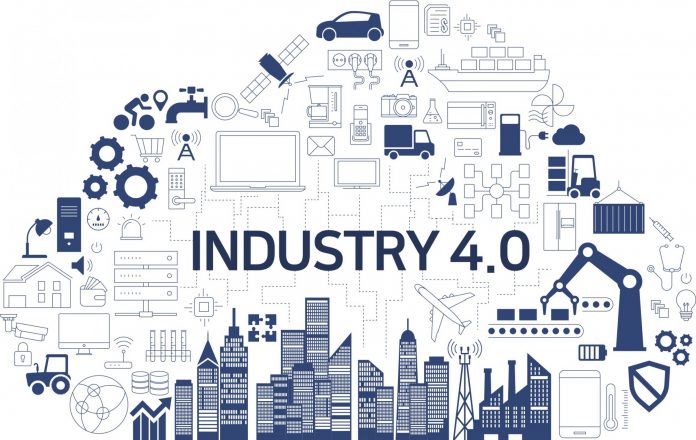IIoT has come a long way from the days of simple data collection. Technologies such as industrial edge, cloud computing, artificial intelligence, and virtual and augmented reality are among the wonderful (and very useful) technologies available to manufacturers.
Collectively, says Siemens Australia and New Zealand Market Development Manager (Food and Beverage) Milan Bawa, all of these technologies are playing an important role in shifting traditional manufacturing to smart manufacturing.
“IIoT helps in increasing plant-wide visibility of processes, procedures, and key performance indicators,” he says. “Only after you can visualise these, can you try to improve on them.”
Whilst there are some great examples of food and beverage manufacturers using IIoT in Australia, the market still has a lot of opportunities to optimise digital adoption. The main area the market is falling back on is in adopting a plant-wide, holistic approach to digitalisation, says Mr Bawa. For large part, the approach has been conservative, focusing only on areas of their plants.
“An example of this is when operational teams are focused on using IIoT on packaging lines to monitor and optimise overall equipment efficiency and in some cases energy efficiency; however, they often unintentionally overlook the gaps that exist in linking packaging lines to site-wide data analytics and visualisation platforms, and their enterprise resource planning systems.
“One of the reasons for this segmented approach is that most of the food and beverage manufacturers in the region are operating plants that are more than 20 years old. This means that manufacturers will miss the opportunity to gain true value from available technologies like IIoT, unless they take a holistic approach and consult with the eco-system of food and beverage, as well as various departments within their organisation.”
Mr Bawa says understanding business objectives and linking IT/OT strategy to the company’s business objectives has become more important than ever.
“IIoT allows flexibility to start small and scale fast, so if a manufacturer wants, they can start deploying such solutions at one area of the plant. However, they must also have an expansion strategy developed or else they may not extract the best value from the IIoT technology.”
For more on Industry 4.0 and IIoT, check out the latest issue of Retail World.





